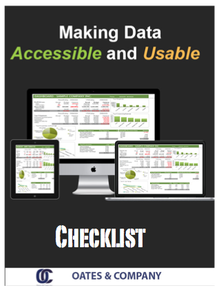Electronic Data Interchange (EDI) is a technology offering that doesn’t get discussed a lot but that has been around for thirty or so years. Electronic Data Interchange is a protocol that allows a sender and a receiver – often two different businesses – to exchange information in a standardized format. This applies to all businesses that choose to use EDI, regardless of country, industry, time zone, and currency. There are several standardized formats, including those that allow private information such that the Health Insurance Portability and Accountability Act protects, along with others that just assure that information is understandable to all parties.
(A guide to EDI document standards can be found here.)
With EDI standards in place, a business in Ohio can receive goods and exchange data – such as inventory reports, forwarding instructions, purchase orders, account statements, invoices, etc. – with its vendors in Europe.
Although the amount of information that can be sent/received via EDI is extensive, the most common information exchanged is purchase orders and invoicing.
Invoicing through EDI eliminates the traditional ways of billing, whereby manual entries present many chances for error and duplicate billings. Traditional, manual billing involves creating invoices with a computer, printing them, and then mailing them. On the other end, a human recipient receives the paperwork, processing it by entering the information into his system.
 By instead utilizing electronic data interchange for processing invoices, companies can do away with handling paper, as EDI protocols allow the billing information to be transferred from the seller’s computer directly to the buyer’s computer, with no need for human intervention.
By instead utilizing electronic data interchange for processing invoices, companies can do away with handling paper, as EDI protocols allow the billing information to be transferred from the seller’s computer directly to the buyer’s computer, with no need for human intervention.
The Union Pacific Railway website provides an easy step-by-step overview on their use of EDI, which is applicable to many businesses considering forming a relationship with a trading partner. They say:
At a minimum, EDI replaces the mail preparation and handling associated with traditional business communication. However, the real power of EDI is that it standardizes the information communicated in business documents, which makes possible a "paperless" exchange.
Contact Oates & Company to see if using EDI and going paperless is the right move for your business.



